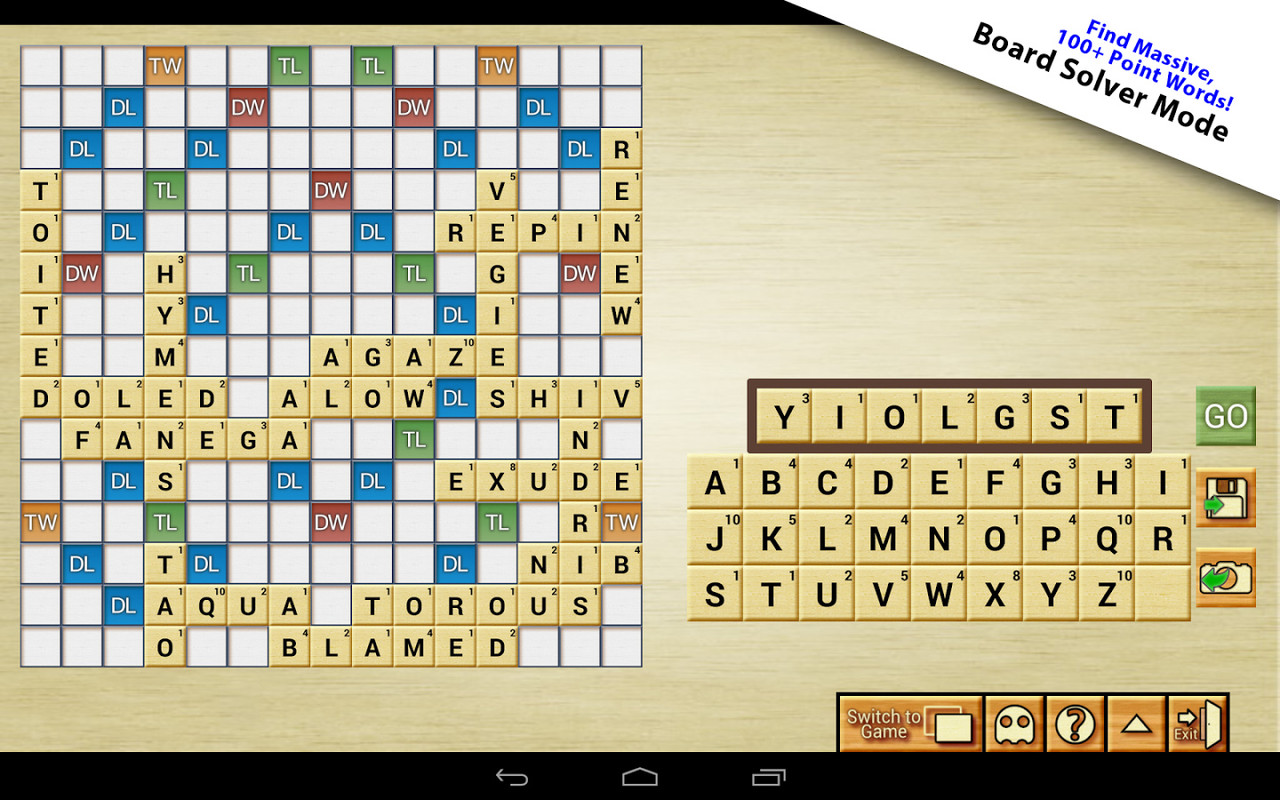

Smitheram predicted that competitive players will be “swotting up” the new list of words, as it will be adopted into competitive Scrabble from July. OK only brings six points with it, but new words using Z and X, such as dox, vax and zen, will be more useful to players. It is in common enough use that it’s worthy of note – and that’s the case with OK.” But it’s like octopi, which is listed in the dictionary as ‘not the plural of octopus’. “Its inclusion has caused discussion, both strategically and lexicographically. Compare it with IQ, which many still realise stands for ‘intelligence quotient’ … would you know what OK stands for outside of its meaning as a standalone word?” said Smitheram. “OK is no longer associated with being an acronym and has become lexicalised as a term in its own right. He predicted the inclusion would outrage some fans, but “that’s the joy of it”. “It used to be that if you put a K down, you knew your opponent couldn’t play across the top of it – it will be a change of mindset,” he said. No one thinks of it as an initialism anymore.”īrett Smitheram, who describes Scrabble as “adrenaline sport” and won the 2016 Scrabble World Championship with words including the 176-pointer “braconid”, meaning a parasitic wasp, said the inclusion would be “one of the most impactful changes” to the game, because it ends with “K”. The OED gives its origin as the mid-19th century, and says it is probably an abbreviation of “orl korrect”, a humorous form of “all correct”, which was popularised as a slogan during President Van Buren’s re-election campaign of 1840 in the US: “his nickname Old Kinderhook (derived from his birthplace) provided the initials.”Ĭollins language content consultant Helen Newstead said that OK is considered “a noun, a verb, an adjective, and an adverb. However, he said that OK was a controversial choice among players, as according to the official rules, it should not be allowed due to being both capitalised and an abbreviation. The dictionary is approved for all English-language play outside the US and is compiled using the language database of the Collins Corpus.įour-time national Scrabble champion Philip Nelkon welcomed the addition of new two-letter words, calling them the “lifeblood of high-score Scrabble, enabling us to make those high-scoring parallel plays involving many words”.

The others are “ew” – an “expression of disgust” joining eew and eeew in the dictionary – and “ze”, defined as a gender-neutral pronoun. OK is one of three new two-letter words, the first added to the official list since 2007.


 0 kommentar(er)
0 kommentar(er)
